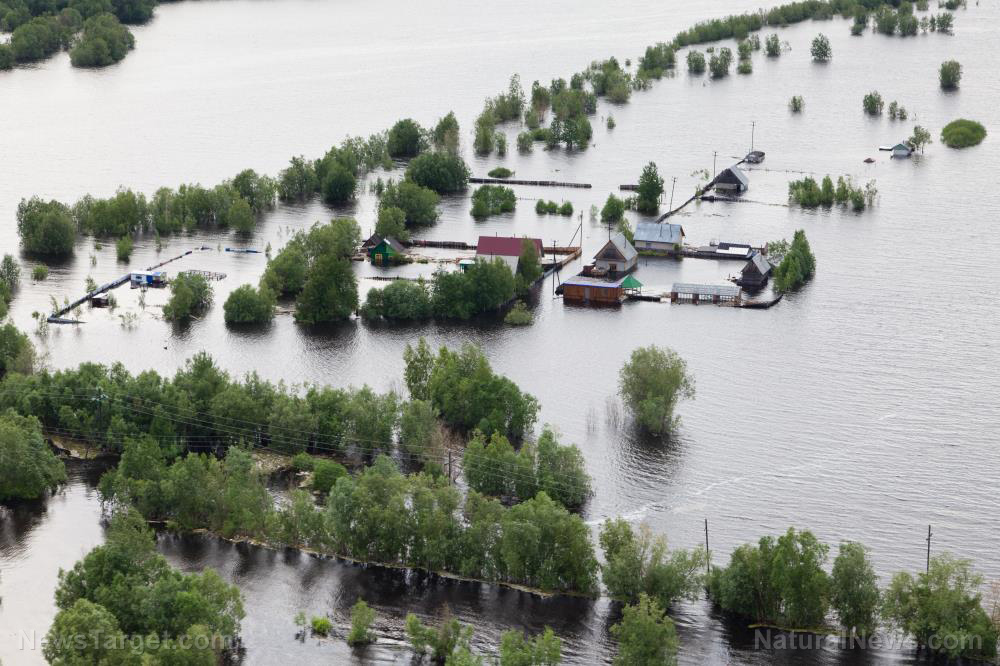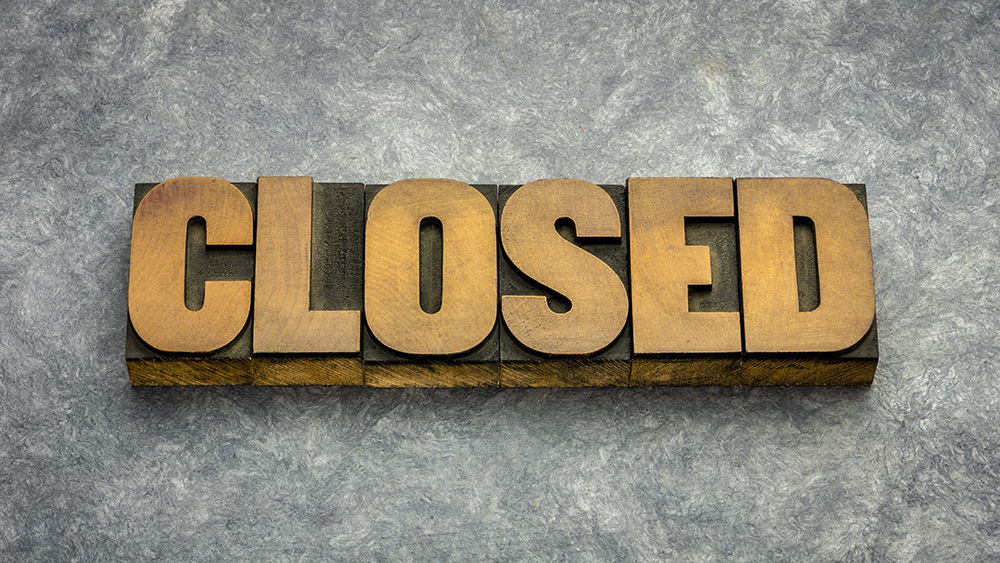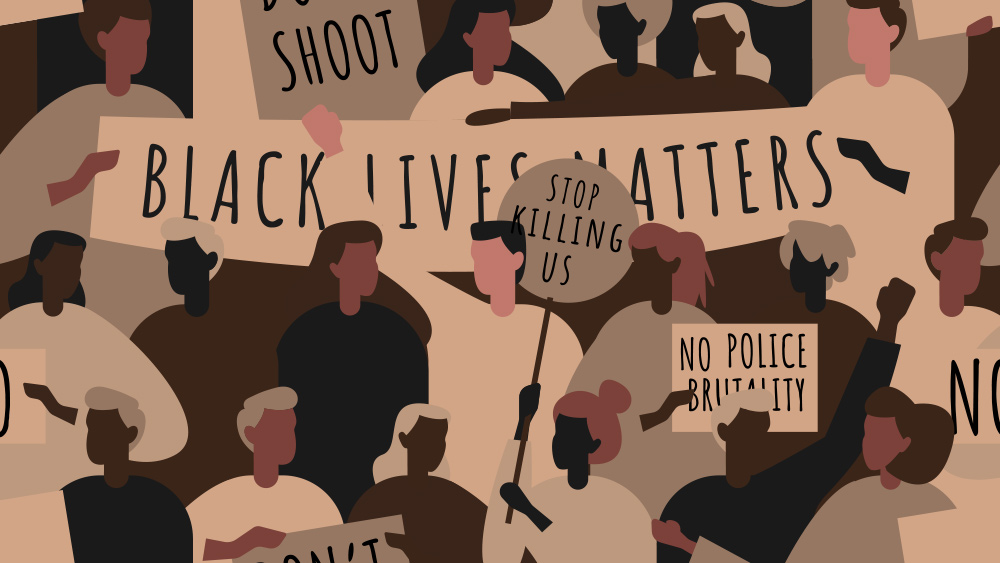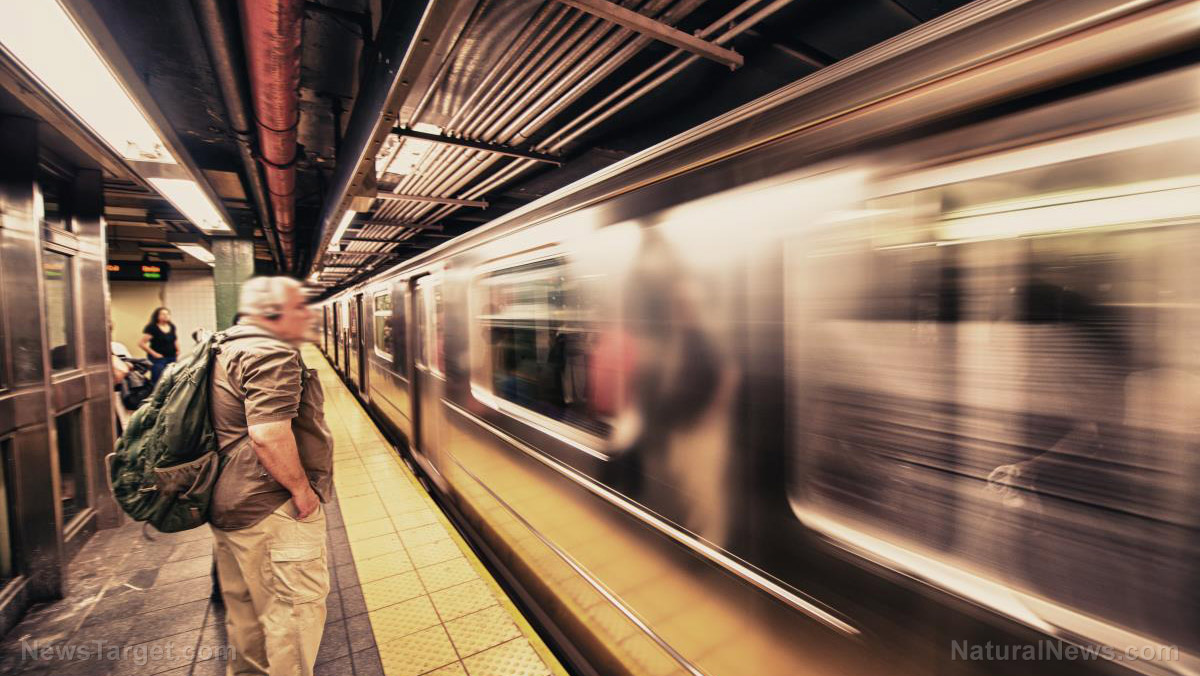
California and most of the western part of the United States are currently experiencing an unprecedented megadrought, but this may change soon as scientists believe a megaflood is coming.
A new study predicted the possibility of disastrous flooding happening in California in the next four decades. Experts believe it would be unlike anything that anyone alive today has ever experienced.
Daniel Swain of the University of California, Los Angeles, a researcher involved in the study, described the megaflood as a "very severe flood event across a broad region that has the potential to bring catastrophic impacts to society in the areas affected." He also said the megaflood is similar to the 1,000-year flash flood events seen this summer in the St. Louis area and Kentucky, but across a much wider reach, which could include the entire state of California.
This massive flood could turn California's lowlands into a "vast inland sea," according to the experts, adding that it might have previously happened before in the state.
They added without evidence that climate change is increasing the likelihood of these catastrophic disasters, causing them to occur every 25 to 50 years. According to so-called experts, climate change supercharges heavy rain events, which allows flash floods to occur more regularly.
California is prone to these types of floods from atmospheric rivers, and major ones have happened before. (Related: Record Midwest flooding to create largest ever 'dead zone' in Gulf of Mexico, more storms and levee releases on the way.)
The study authors also predicted that atmospheric rivers could become consecutive for weeks on end, and the area with the most destruction is expected to be the Central Valley of California, including Sacramento, Fresno and Bakersfield. The Central Valley, which is roughly the size of Vermont and Massachusetts combined, produces a quarter of the nation's food supply.
California megaflood could cost upwards of $1 trillion in losses
A flood that could fill this valley could have the potential to be the most expensive geophysical disaster and is expected to cost upwards of $1 trillion in losses and devastations, especially in the state's lowland areas such as Los Angeles and Orange Counties.
This would be more than five times the cost of Hurricane Katrina, which is currently the costliest disaster in U.S. history.
Moreover, the study authors noted that such an event in modern California "would likely exceed the damages from a large magnitude earthquake by a considerable margin."
This study is only in the first phase of a three-part series that studied the effects of a future megaflood event. The next two phases are expected to be released in two to three years.
Swain said: "Ultimately, one of our goals is not just to understand these events scientifically, but it's also to help California prepare for them. It's a question of when rather than if [the megaflood] occurs."
Megafloods have happened before. (Related: California's untilled fields set to double amid water crisis in the state.)
Over 150 years ago, a strong series of atmospheric rivers drenched California, causing one of the most exceptional floods in history. The catastrophe, which began in December 1861, occurred when nearly 15 feet of snow fell in the Sierra Nevada. The repetitive atmospheric rivers dropped warm rain for 43 days, dumping water down the slopes and into the valleys.
These events happened after a dry spell that left the state in a drought for decades. This demolished communities and transformed San Joaquin and Sacramento Valleys into a "temporary but vast inland sea," with some areas buried under 30 feet of water for weeks, obliterating infrastructure, farmlands and towns.
Sacramento, which was the new state capital at the time, was left under 10 feet of debris-filled water for months. Four thousand people lost their lives, a third of the state's property was destroyed, a quarter of California's cattle population drowned or starved and one in eight homes were completely lost to floodwaters.
Finally, one-fourth of California's economy was obliterated, leading the state to declare bankruptcy. Swain believes that the next megaflood will bring even more risks, with more people expected to be in harm's way.
Visit Disaster.news for more updates about the expected megaflooding in California.
Watch the video below for more information about atmospheric rivers and flooding in California.
This video is from the zolnareport.com channel on Brighteon.com.
More related stories:
Sierra snowpack falls to one of lowest levels in 72 years, perpetuating California drought.
Sources include:
Please contact us for more information.





















